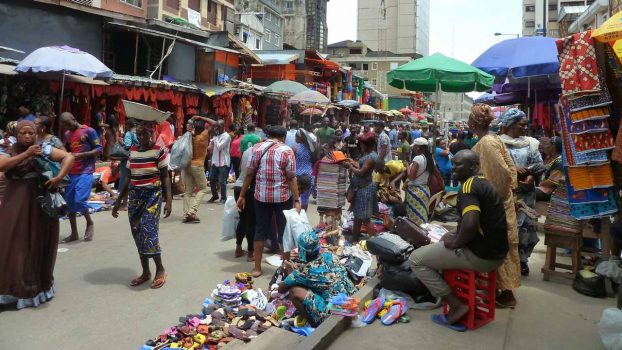 A United Nations Development Programme (UNDP) report says the number of poor people living in Nigeria rose from 86 million to 98 million in ten years, between 2007 and 2017.
A United Nations Development Programme (UNDP) report says the number of poor people living in Nigeria rose from 86 million to 98 million in ten years, between 2007 and 2017.
The 2019 Global Multidimensional Poverty Index (MPI) report which was released in New York on Thursday by the UNDP and the Oxford Poverty and Human Development Initiative also noted that the proportion of poor people had remained constant at just over 50 percent over the past decade up to 2017 .
The report explained that this year’s global MPI highlighted inequalities at the global, regional, national, sub-national and even household level as it showed that more than two-thirds of the 886 million multi-dimensionally poor people live in middle-income countries, with a further 440 million residing in low-income countries.
The report said although the national average showed that around 50 percent of Nigerians were multi-dimensionally poor, state and local government levels would reveal a completely different scenario.
“In Nigeria, even though the proportion of people who are multi-dimensionally poor has remained constant at just over 50 percent over the past decade (up to 2017), the actual number of people who are multi-dimensionally poor increased from 86 million to 98 million over the same period .
“Also, important to note is that when compared to the national poverty line which measures income/consumption, a larger proportion of Nigerians (51 percent) are multi- dimensionally poor than those that are income poor (46 per cent),” the report said.
According to the UNDP, the MPI is the product of the incidence and the intensity of multidimensional poverty, noting that any reduction in intensity reduces MPI even if incidence remains unchanged.
The study added that the poorest countries in the world not only showed a higher incidence of multidimensional poverty but also higher intensity.

Fire Incident Triggers Partial Grid Disturbance, Now Fully Restored
Nigeria’s Headline Inflation Hits 33.20% In March 2024 –NBS
Oba Of Benin Installed As NOUN Chancellor, 22,175 Graduates Convocated
Former CBN Governor Godwin Emefiele Granted Bail By Lagos High Court